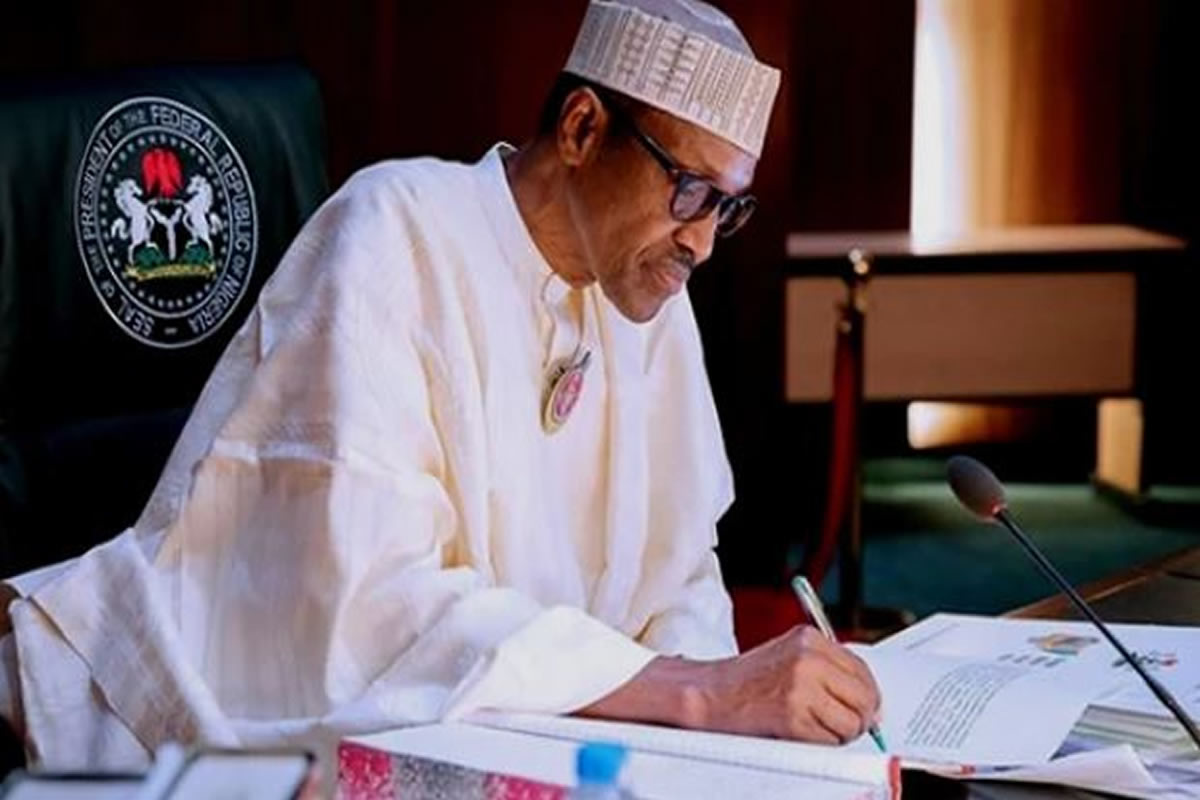Nigeria’s President, Muhammadu Buhari has finally signed the Electoral Act Amendment Bill 2021 into law.
This was disclosed on Twitter by presidential aide, Bashir Ahmad, on Friday.
It was gathered that the signing ceremony took place inside the Federal Executive Council Chambers of the Presidential Villa, Abuja at about 12:30 pm on Friday.
Dignitaries present while the President was assenting to the bill include the Chairman of the Independent National Electoral Commission (INEC) Mahmood Yakubu; President of the Senate, Ahmed Lawan, among others.
The assent is coming a few days after a coalition of civil society organisations staged a protest to compel the President to assent to the amended document.
The President had, on four previous occasions, declined to assent to the bill.
In March 2018, he rejected the bill on grounds that it could usurp the powers of the electoral umpire, INEC. In July of the same year, he rejected the bill citing drafting issues.
In September, he failed to act on the bill until the time frame elapsed. In December, his reason was that it was too close to the 2019 general elections.
Mr Buhari had, in December, refused to assent to the Electoral Bill because of the adoption of direct primaries as the only legally approved procedure for the nomination of candidates.
Last month, both the Senate and House of Representatives amended the bill making provision for direct, indirect and consensus modes of primaries. It was transmitted to the president for assent a week later.
With the signing of the bill, parties are now at liberty to use any of the three aforementioned options to elect their candidates for any election that will be organised by INEC.
Electronic transmission of election results is also part of the new provisions in the bill.
 Gistfox Your News Window To The World
Gistfox Your News Window To The World 




